Make a call

Project Details
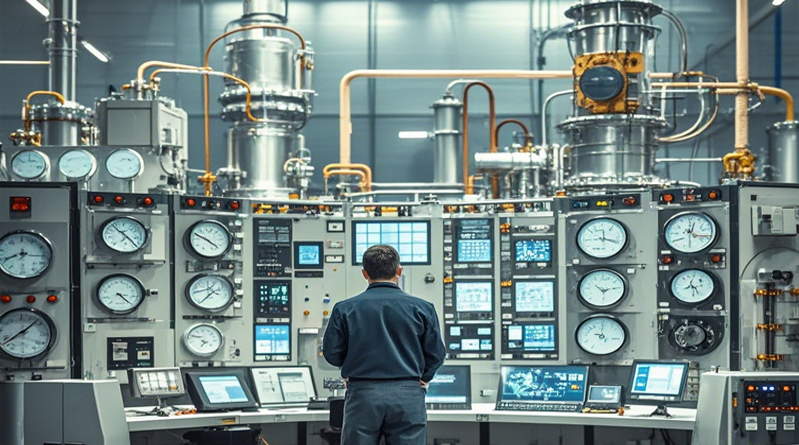
Industrial Instruments
Industrial Instruments encompass a wide range of products used for production, detection, analysis, and control in industrial settings. These products play an irreplaceable role in modern industrial production, providing powerful support for improving production efficiency and ensuring product quality. They include:
Measurement and Control Instruments
These are used to measure and control various parameters in industrial processes.
These are highly sophisticated and precise tools that are used to measure and control various parameters in industrial processes. They can monitor and adjust variables such as temperature, pressure, flow rate, level, and electrical signals. For example, in a chemical manufacturing plant, temperature control instruments ensure that the reaction occurs at the optimal temperature, preventing overheating or under-heating which could lead to product defects or even dangerous chemical reactions. Pressure sensors are crucial in maintaining the right pressure within a pipeline system to ensure the smooth flow of fluids and avoid leaks or bursts. These instruments often utilize advanced technologies like microelectronics, sensors, and actuators to accurately sense the physical quantities and make real-time adjustments, thereby optimizing the industrial process and minimizing waste and errors.
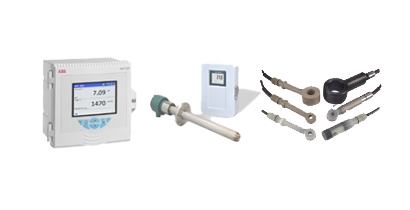
Detection and Analysis Instruments
These are used to detect and analyze materials, components, or processes in industrial production.
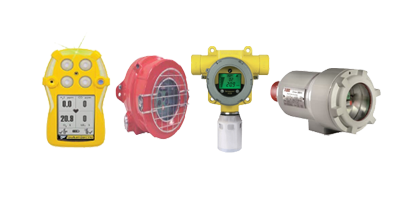
These are used to detect and analyze materials, components, or processes in industrial production. They can identify the composition, quality, and integrity of substances. In the automotive industry, for instance, non-destructive testing instruments like ultrasonic flaw detectors are employed to check for hidden defects in metal parts such as engine components and chassis frames. Spectroscopic analyzers can determine the chemical makeup of materials, helping to ensure that the raw materials used in production meet the required specifications. In the food and beverage industry, chromatographic analysis instruments can detect the presence of contaminants or measure the concentration of key ingredients, guaranteeing the safety and quality of the final products. These detection and analysis instruments are essential for maintaining strict quality control standards and ensuring that the industrial output is of consistent and reliable quality.
Automation and Intelligent Equipment
These devices automate industrial processes and enhance productivity through intelligent control and monitoring.
These devices automate industrial processes and enhance productivity through intelligent control and monitoring. They can range from simple programmable logic controllers (PLCs) that manage the operation of a single machine or a small production line, to complex robotic systems that perform tasks such as assembly, welding, painting, and material handling. For example, in an electronics manufacturing factory, robotic arms can precisely pick and place tiny electronic components onto circuit boards with high speed and accuracy, far exceeding the capabilities of human workers. These automation and intelligent equipment can also be integrated with sensors and data analytics software to enable predictive maintenance. By continuously monitoring the performance and condition of equipment, they can predict when a machine is likely to fail and schedule maintenance in advance, reducing downtime and increasing overall production efficiency.
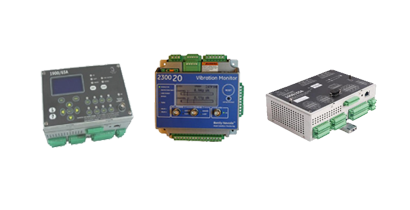
Other Auxiliary Equipment
These include power supply devices, safety equipment, connectors, and cables that support the operation of industrial instruments.
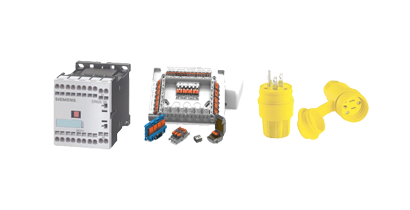
These include power supply devices, safety equipment, connectors, and cables that support the operation of industrial instruments. Power supply units are essential to provide the necessary electrical energy to all the instruments and equipment in an industrial setup. They need to be reliable and stable to prevent power fluctuations that could damage sensitive electronics. Safety equipment such as emergency stop buttons, safety guards, and fire suppression systems are crucial for protecting workers and preventing accidents. Connectors and cables ensure the proper transmission of signals and power between different components and instruments. High-quality connectors with good shielding can prevent electromagnetic interference that could affect the accuracy of measurements or the operation of control systems. Cables with appropriate insulation and current-carrying capacity are necessary to handle the power requirements and environmental conditions of industrial applications.

Build strong relationships
with clients
Take responsibility for our customers, create value continuously,
and become a
trustworthy partner for industrial intelligence and connectivity.
